
The Broken Mirror
By Storybird

24 Jul, 2023
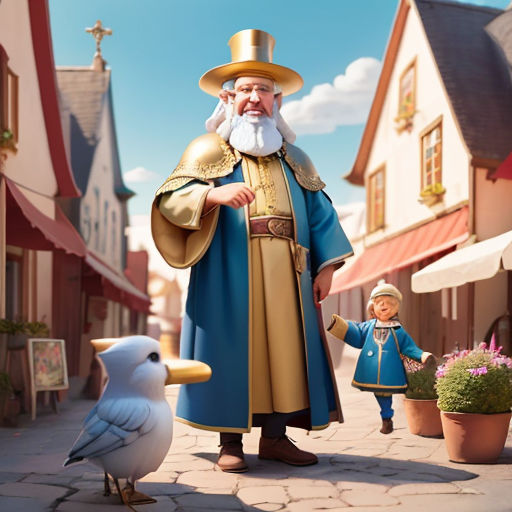
Once upon a time in a town named Gimel, there lived a wise old judge who was known for his fair judgments. Over the years, he had made countless rulings that had won him the respect of the people of Gimel.
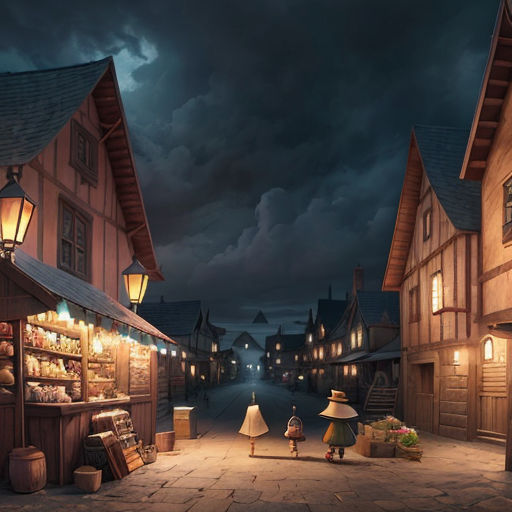
Gimel was a peaceful place, known for its kindness and prosperous trades. But the town harbored a dark secret. Many years ago, it had been a place of great inhumanity.

The old judge had been a young magistrate then, witnessing the tyranny and oppression that clouded Gimel. The town leaders were cruel, exploiting the weaker sections of society.
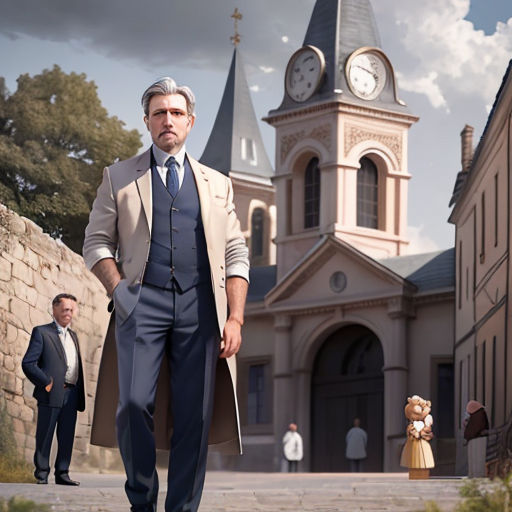
One day, a man named Yovel, who had suffered greatly under the old regime, came forward with a shocking revelation. He accused the current town leaders of the same crimes they had committed all those years ago.
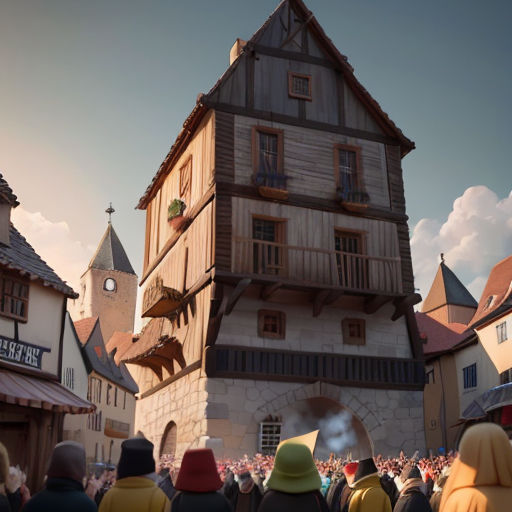
The town was in an uproar. The leaders protested their innocence, claiming they had changed. But Yovel was adamant. He demanded justice.
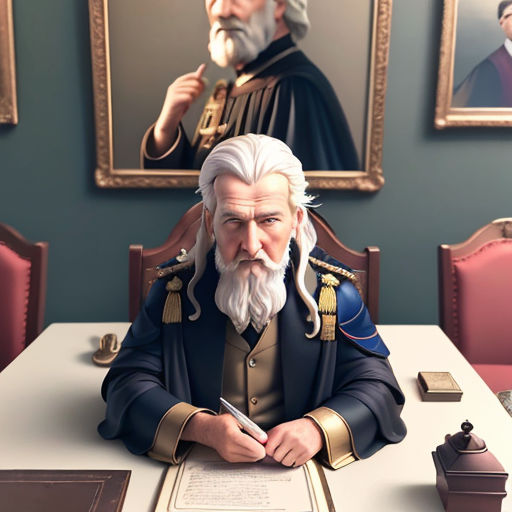
The old judge was in a dilemma. He remembered the teeming inhumanity of the old regime. Yet, he also saw the progress and growth under the current leadership.
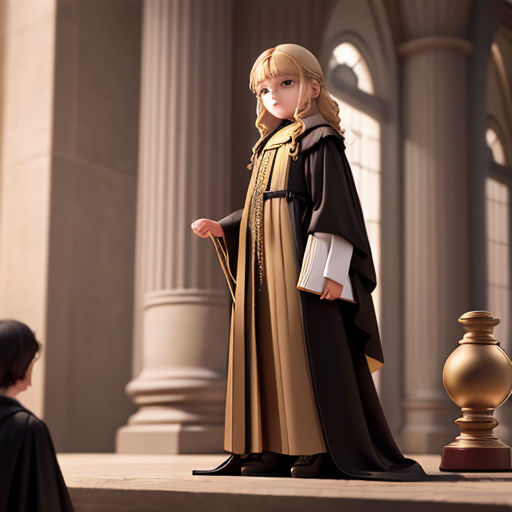
He heard Yovel’s pleas for justice, and was torn. Yet, he knew that he had to make a decision that would affect the town of Gimel profoundly.
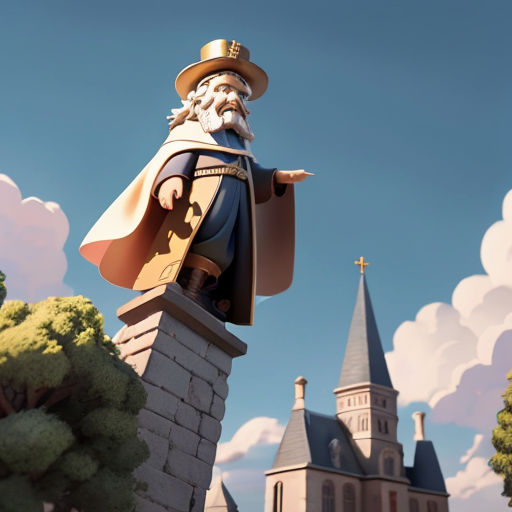
After days of deliberation, the old judge announced his decision. Before the townsfolk, he declared, “Statute of Limitations! The past cannot be retried in the present.”
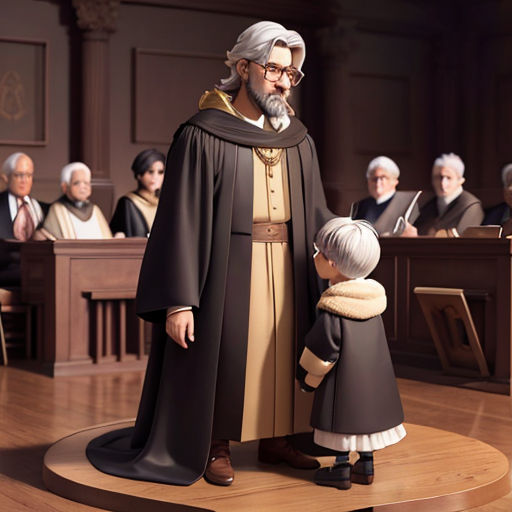
Yovel was devastated. But the judge was not finished. He continued, “However, while we cannot retry the past, we can learn from it.”
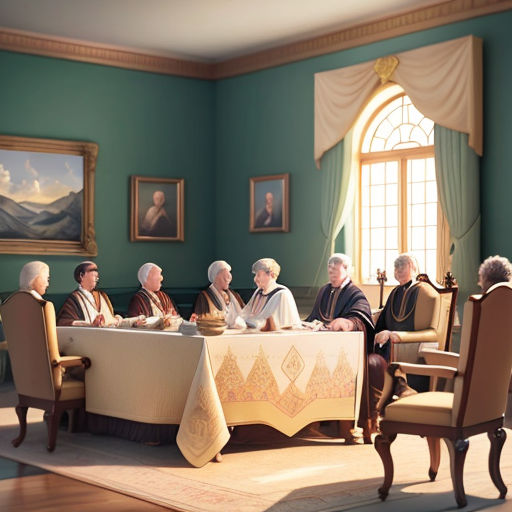
The judge then proposed a new law. This law would prohibit any form of tyranny or exploitation. It would also ensure that the leaders were always held accountable to the people.

The townsfolk accepted this proposal with open hearts, and the leaders, albeit reluctantly, gave in to the demand of the people. Yovel, though disappointed, accepted the decision.

Over time, Gimel continued to blossom and flourish. The people lived in peace and prosperity, knowing that their leaders were held accountable.

The old judge, seeing the town thrive under this new law, felt a sense of fulfillment. Justice had been served, not by punishing the past, but by correcting the present.
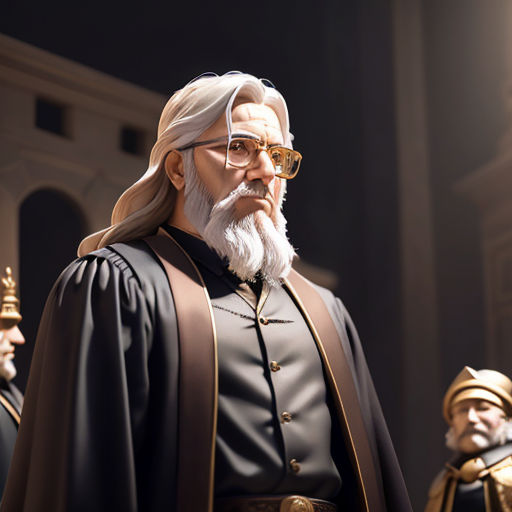
But the old judge never forgot Yovel's agony. Even in the face of Gimel's prosperity, he reminded the people of their dark past and the need for vigilance against inhumanity.

His words served as a reminder for the townsfolk to never let history repeat itself. They served as a shield that protected Gimel from sliding back into its dark past.
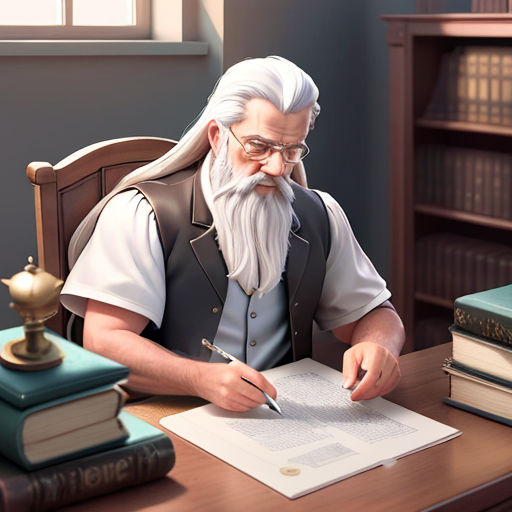
But as the years passed, the old judge began to grow frail. He knew his time was coming to an end and wanted to ensure that his legacy of justice would live on.

He called upon the townsfolk and made an announcement. "My time is nearing its end, but before I depart, I want you all to remember the lessons we've learned together."

"Our past does not define us, nor should it condemn us. But it should remind us of the pitfalls we must avoid. Remember our history, but do not be trapped by it."

"Remain vigilant, even in times of prosperity. Do not allow inhumanity to breed within our town again. Our laws are here to guide us, not to punish us."
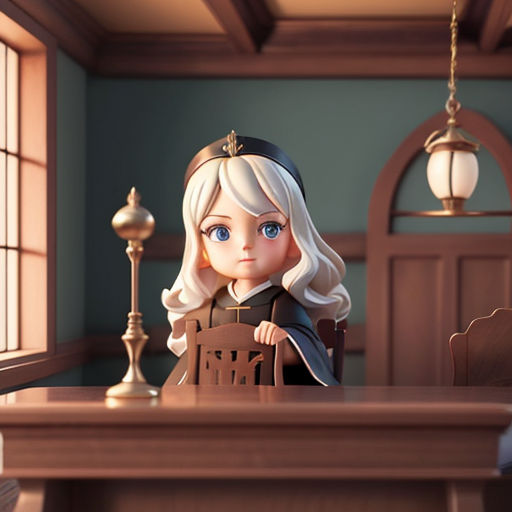
The old judge spoke his last words with a clear and strong voice, "Remember, in the pursuit of justice, we must never lose our humanity."

The townsfolk listened attentively, tears welling up in their eyes. They promised to uphold the judge's words and to continue to safeguard Gimel from any form of inhumanity.

That night, the old judge went to sleep and never woke up. His death left a ripple of sadness throughout the town. But his words lived on, safeguarding the town from any form of tyranny.
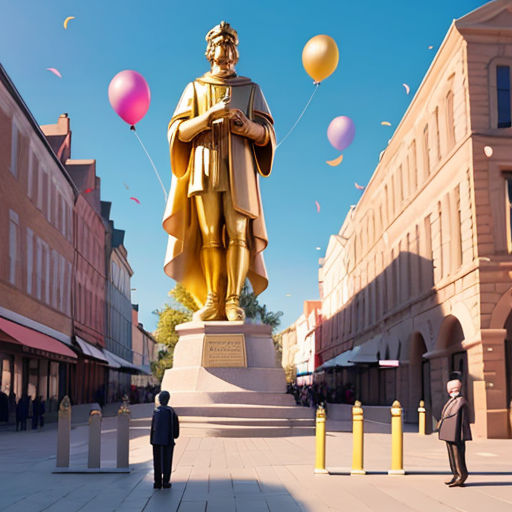
The people of Gimel honored their beloved judge by naming the new law after him. They also constructed a statue of the judge at the town square, right next to the civic courthouse.
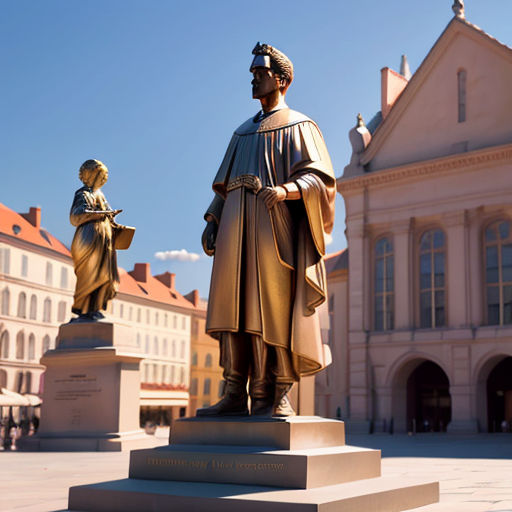
The statue not only depicted the judge's likeness but also carried an inscription of his last words which served as a reminder to the current and future generations.
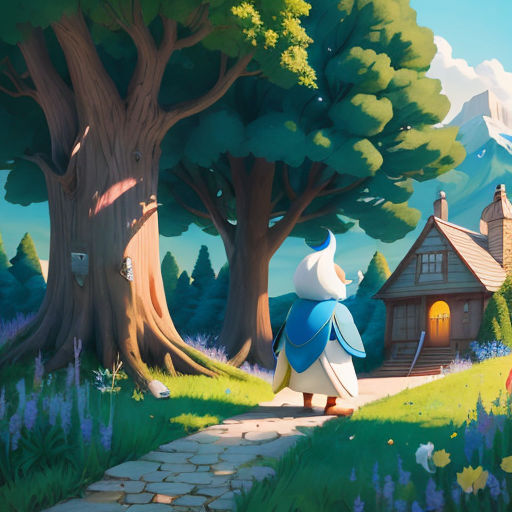
And so, Gimel continued to flourish under the watchful eyes of the old judge. Even in his death, he served as the beacon guiding the town towards justice and humanity.
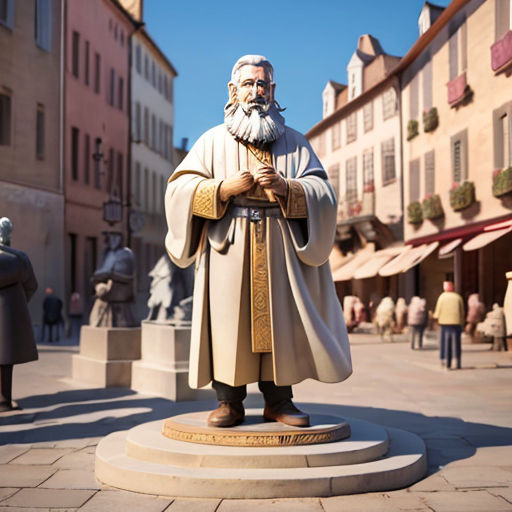
His legacy continues to this day, reminding the town's people of the perils of forgetting history and the importance of protecting their humanity amidst the pursuit of justice.

Just like the name suggests, Gimel, in Hebrew, means 'kindness'. And true to its name, Gimel found its kindness and humanity, all thanks to their wise old judge.

The story of Gimel serves as a reminder to us all. It carries a message that resonates in our hearts and strikes a chord in our minds.

It reminds us that in the grand scale of justice, it is humanity that weighs the heaviest. The statute of limitations may forgive old crimes, but it never absolves us from our duty to humanity.

And so, as we walk the road of life, let us always remember to carry our humanity with us. For in the end, it is our humanity that defines us, not our past.

Through this parable, we are reminded not to forget our past, but to learn from it. It teaches us to always strive for justice, while ensuring that we remain humane.

And these are the lessons that the town of Gimel, the wise old judge, and the brave Yovel offer us: lessons in justice, humanity, and the importance of remembering our history.

They remind us that we are defined not by our past, but by how we use it to better our present and our future. And in this, lies the true essence of justice and humanity.

So, let's take these lessons to heart, and strive to build a world that echoes the ethos of Gimel - a world of justice, kindness, and unfaltering humanity.
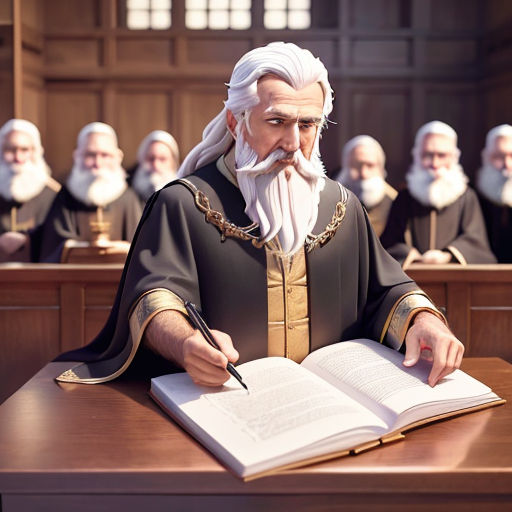
And let’s not forget the words of the Wise old judge from Gimel, "In the pursuit of justice, we must never lose our humanity."